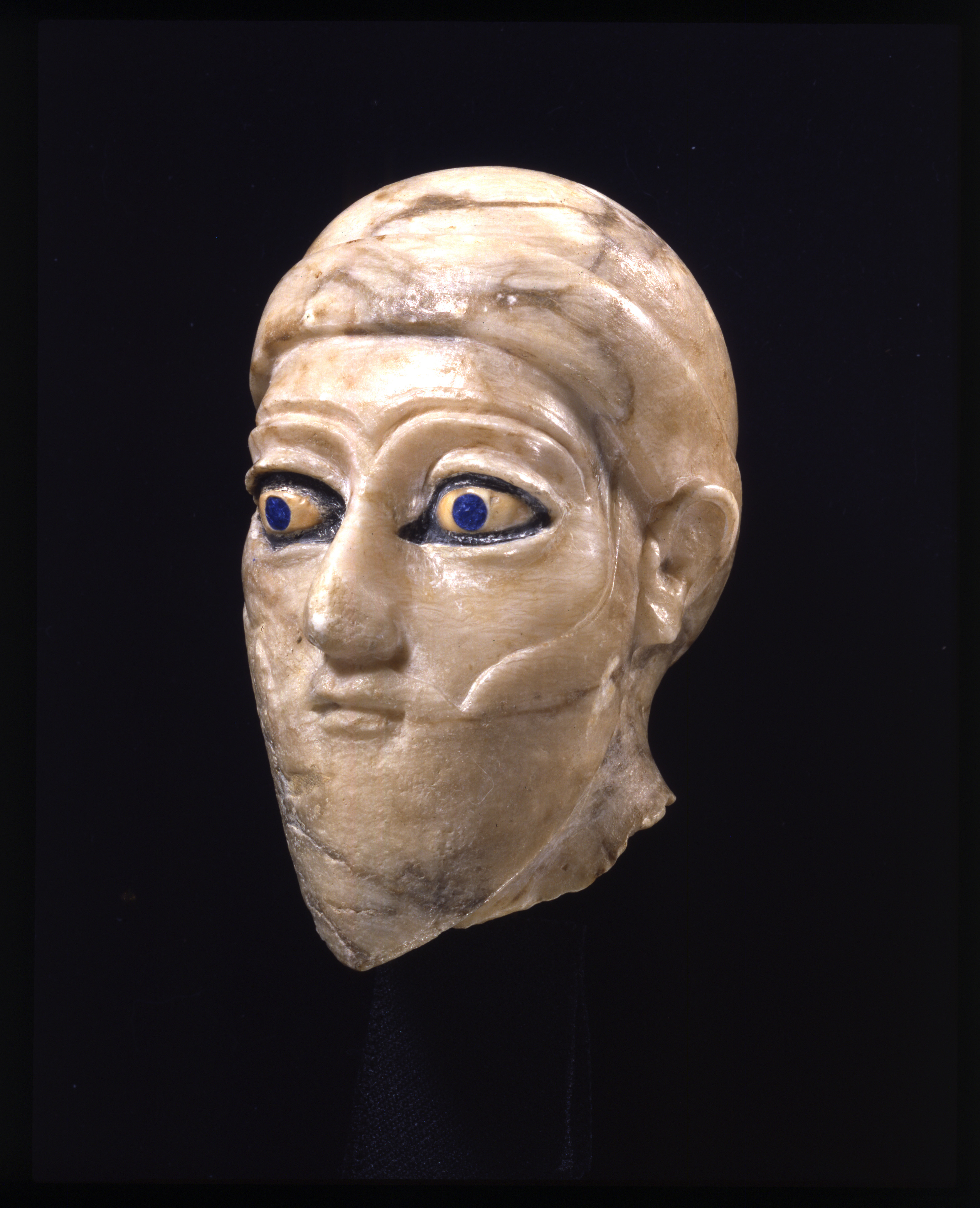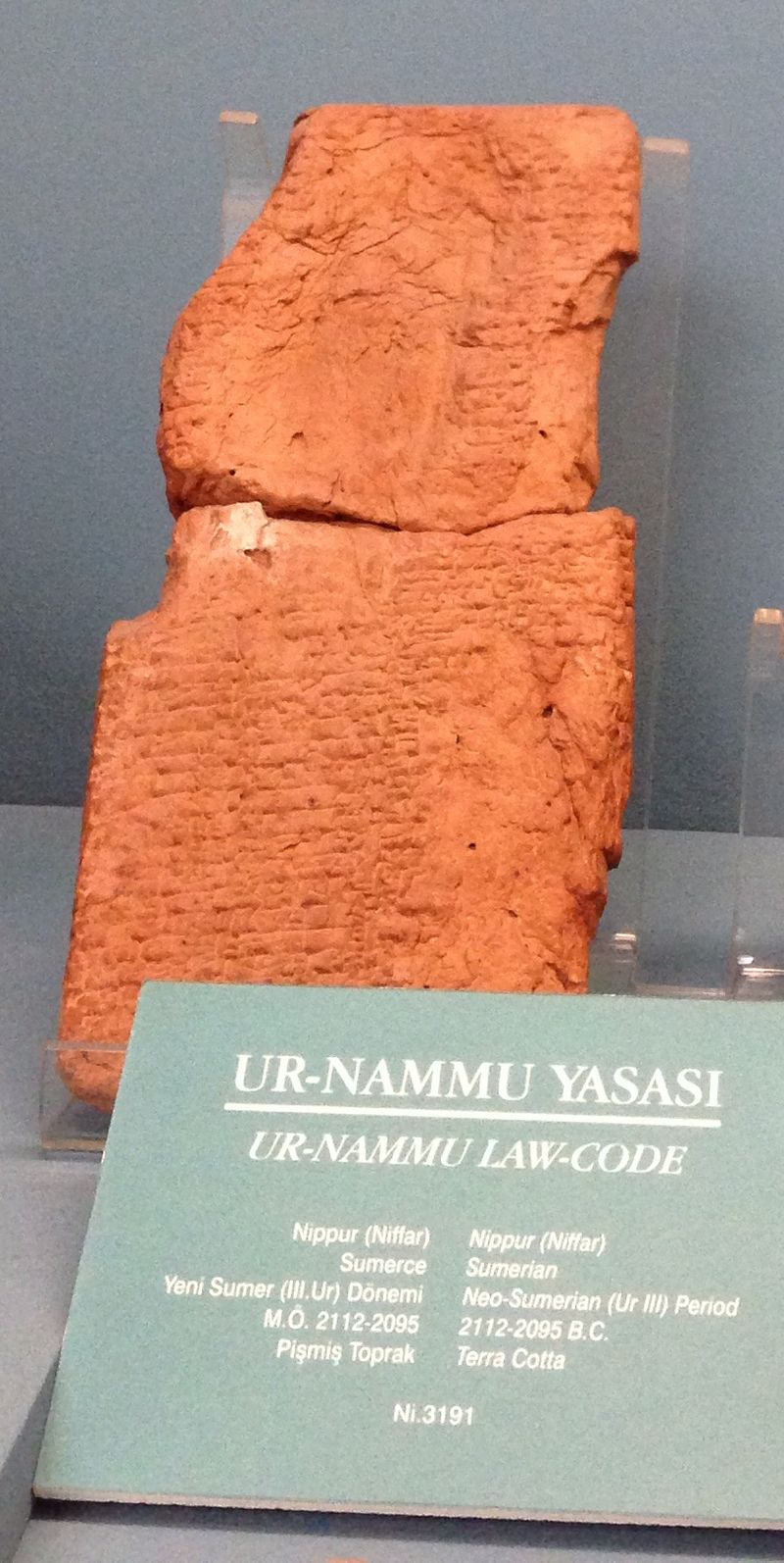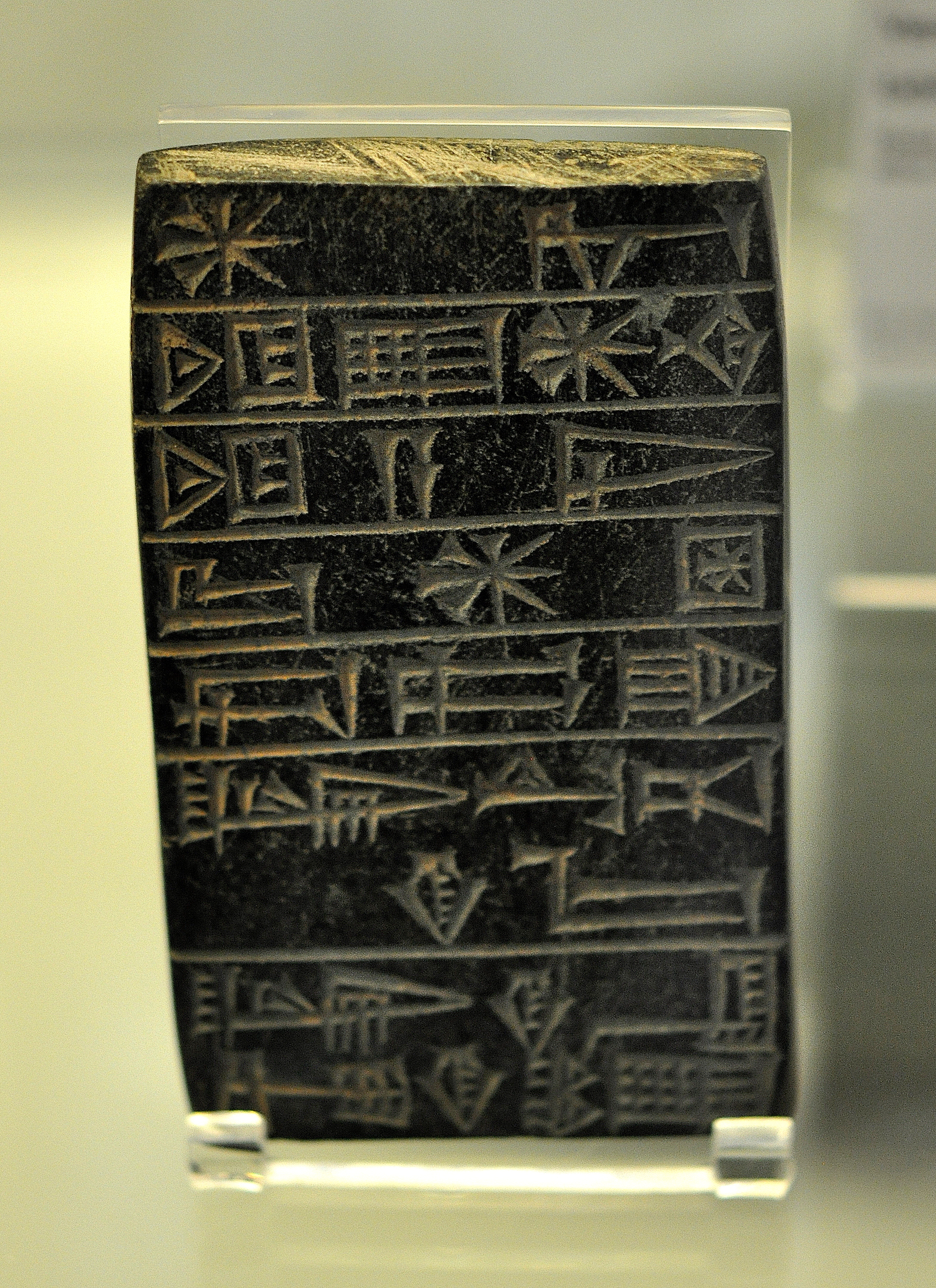The Code Of Ur-Nammu: The Oldest Law Book
The Code of Ur-Nammu is the oldest written code of law ever to be found. The tablets, written in Sumerian, were inscribed at some point between 2100 and 2500 BC. To put that into perspective, these laws were written at a time when The Great Pyramid of Giza was shiny and new, and the last few mammoths still roamed free on Wrangel Island. The creation of these laws predates the hit TV series Judge Judy by a good 3,500 years.
The tablets containing the Code of Ur-Nammu were found at the site of the sacred city of Nippur, an ancient Sumerian habitation in modern-day Iraq.
The first (partially destroyed) copy of the Ur-Nammu was translated by Samuel Kramer in 1952; only parts were readable due to the extent of the damage to it. However, over the years, other copies were unearthed. This has allowed a great deal of the ancient laws to be spelled out in full. To date 40 of the 57 laws have been reconstructed.
Although the laws are attributed, in the inscription, to king Ur-Nammu, some believe it could actually have been his son Shulgi who ordered the laws to be written down after his father’s death in battle. Shulgi reigned for 48 years in total, declaring himself a god in his 23rd year in power (well, you would if you thought you could get away with it, wouldn’t you?).
Shulgi was famed for his revision of scribal school’s curricula and the construction of the incredibly beautiful Great Ziggurat of Ur:
Although the Ur-Nammu code certainly is ancient, it impresses experts with its use of monetary fines rather than the eye-for-an-eye type punishments which tend to be found in later texts.
The reigns of Ur-Nammu and Shulgi appear to have been relatively calm, the era has become known as the “Sumerian Renaissance”; so perhaps harsher edicts weren’t necessary to keep the masses in line. Having said that, there are still a fair few ways to get yourself executed.
Here are the laws that remain legible on the tablets we have found:
FYI: One mina (1/60 of a talent) equals 60 shekels (1 shekel = 11 grams).
1. If a man commits a murder, that man must be killed.
2. If a man commits a robbery, he will be killed.
3. If a man commits a kidnapping, he is to be imprisoned and pay 15 shekels of silver. (It’s interesting that effectively stealing a person is frowned upon less than stealing someone’s property).
4. If a slave marries a slave, and that slave is set free, he does not leave the household.
5. If a slave marries a native (i.e. free) person, he/she is to hand the firstborn son over to his owner.
6. If a man violates the right of another and deflowers the virgin wife of a young man, they shall kill that male.
7. If the wife of a man followed after another man and he slept with her, they shall slay that woman, but that male shall be set free. (That’s a bit harsh, although compared to societal norms in parts of the Middle East and Asia it’s not so backwards).
8. If a man proceeded by force, and deflowered the virgin female slave of another man, that man must pay five shekels of silver. (That’s actually more forward thinking than modern day Saudi Arabia).
9. If a man divorces his first-time wife, he shall pay her one mina of silver.
10. If it is a (former) widow whom he divorces, he shall pay her half a mina of silver.
11. If the man had slept with the widow without there having been any marriage contract, he need not pay any silver. 13. If a man is accused of sorcery he must undergo ordeal by water (the accused was submerged in water and if he survived he was acquitted); if he is proven innocent, his accuser must pay 3 shekels. 14. If a man accused the wife of a man of adultery, and the river ordeal proved her innocent, then the man who had accused her must pay one-third of a mina of silver.
15. If a prospective son-in-law enters the house of his prospective father-in-law, but his father-in-law later gives his daughter to another man, the father-in-law shall return to the rejected son-in-law twofold the amount of bridal presents he had brought.
17. If a slave escapes from the city limits, and someone returns him, the owner shall pay two shekels to the one who returned him.
18. If a man knocks out the eye of another man, he shall weigh out ½ a mina of silver.
19. If a man has cut off another man’s foot, he is to pay ten shekels.
20. If a man, in the course of a scuffle, smashed the limb of another man with a club, he shall pay one mina of silver.
21. If someone severed the nose of another man with a copper knife, he must pay two-thirds of a mina of silver.
22. If a man knocks out a tooth of another man, he shall pay two shekels of silver.
24. [text destroyed…] If he does not have a slave, he is to pay 10 shekels of silver. If he does not have silver, he is to give another thing that belongs to him.
25. If a man’s slave-woman, comparing herself to her mistress, speaks insolently to her, her mouth shall be scoured with 1 quart of salt.
28. If a man appeared as a witness, and was shown to be a perjurer, he must pay fifteen shekels of silver.
29. If a man appears as a witness, but withdraws his oath, he must make payment, to the extent of the value in litigation of the case.
30. If a man stealthily cultivates the field of another man and he raises a complaint, this is however to be rejected, and this man will lose his expenses.
31. If a man flooded the field of a man with water, he shall measure out three kur of barley per iku of field.
32. If a man had let an arable field to a(nother) man for cultivation, but he did not cultivate it, turning it into wasteland, he shall measure out three kur of barley per iku of field.





















